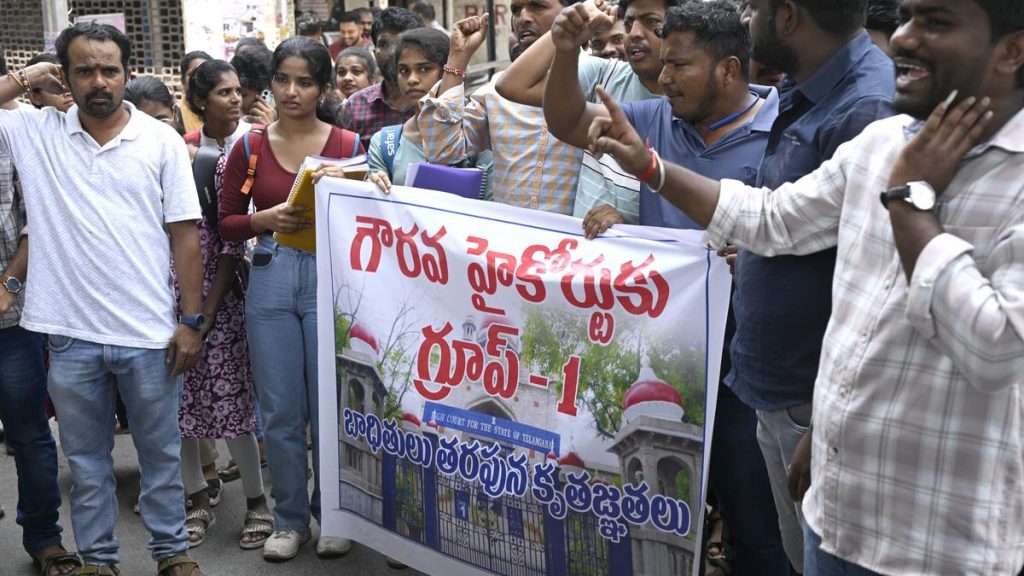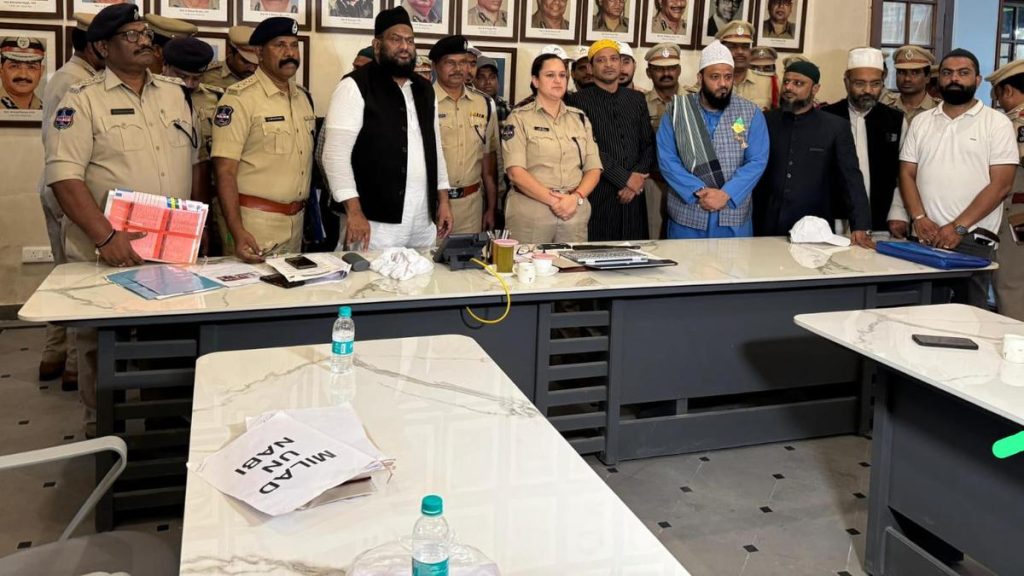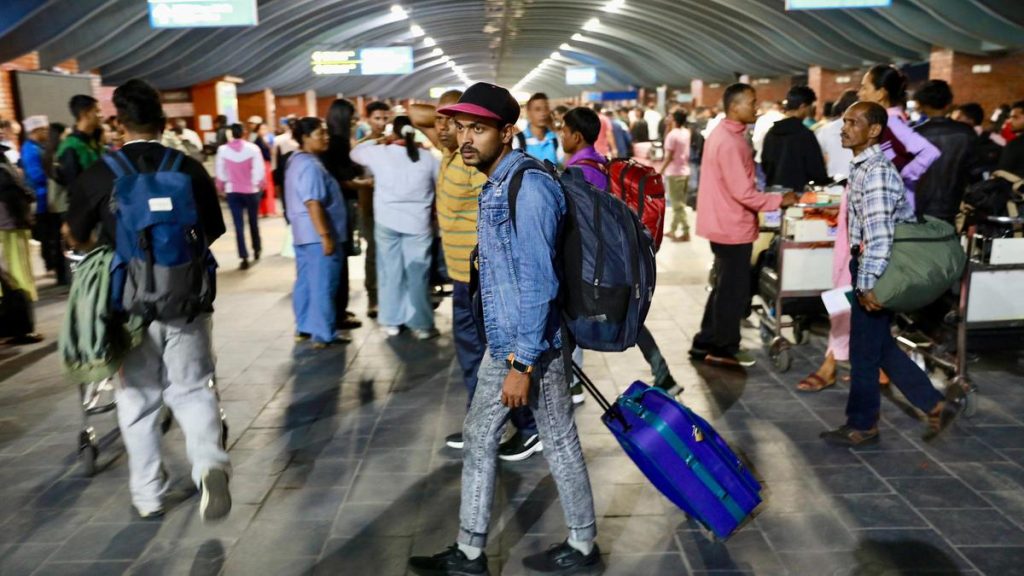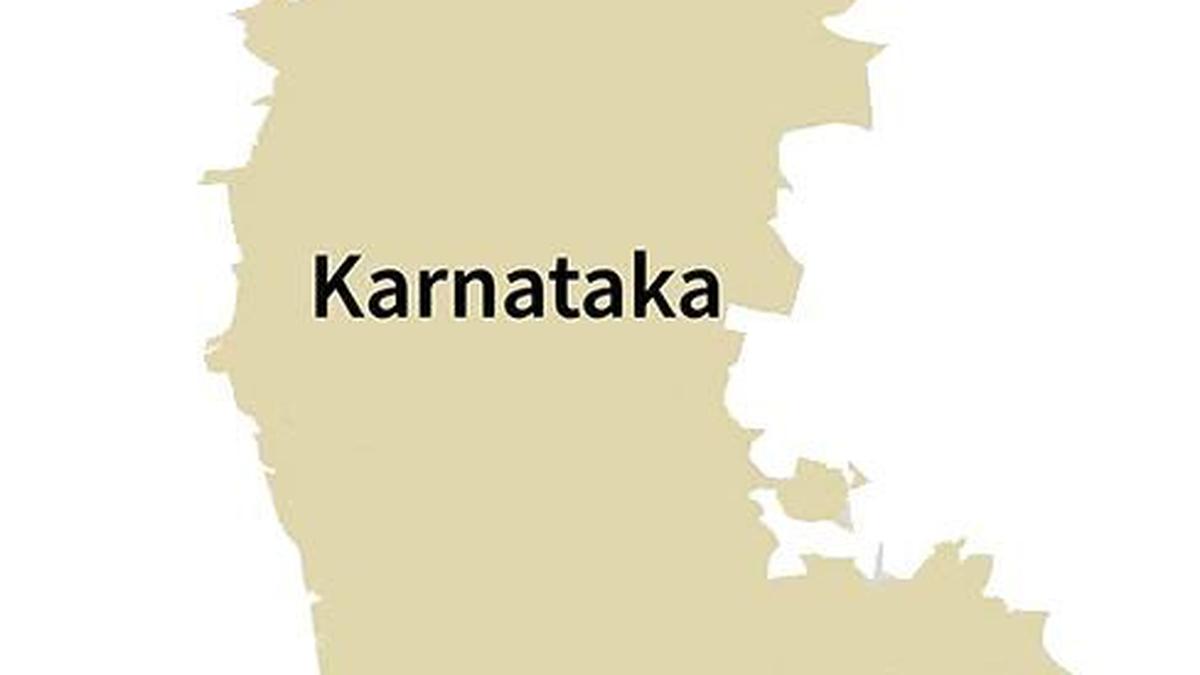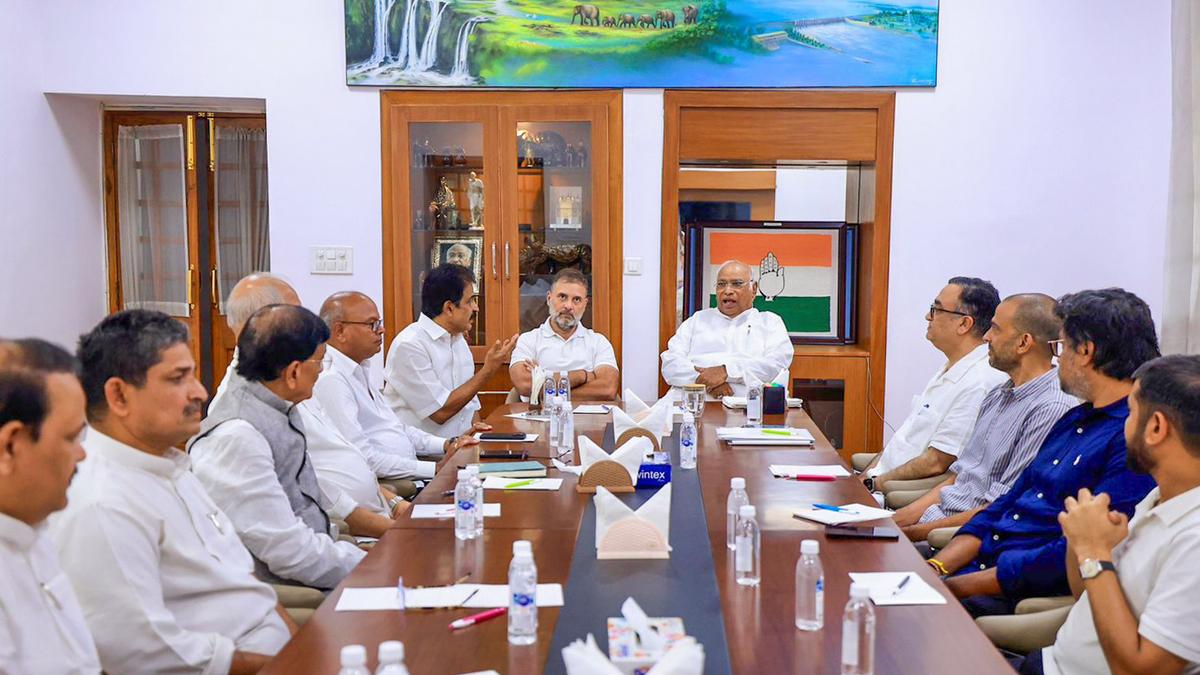Now Reading: Centre Demands Factual Report on Forest Rights Complaint Over Nicobar Project
-
01
Centre Demands Factual Report on Forest Rights Complaint Over Nicobar Project
Centre Demands Factual Report on Forest Rights Complaint Over Nicobar Project
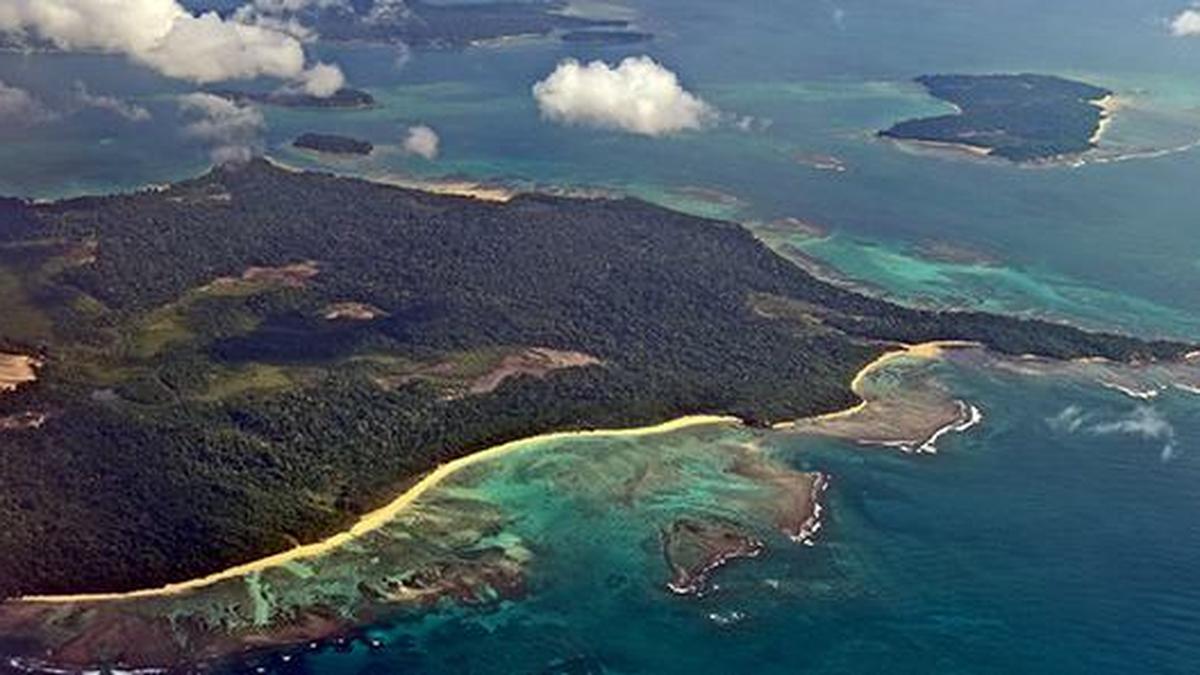
Rapid Summary
- The Union government has sought a factual report from the Andaman adn Nicobar administration regarding alleged violations of the Forest Rights Act (FRA) in connection with an ₹81,000-crore Great Nicobar Island infrastructure project.
- The Tribal Council of Little and Great Nicobar alleged that forest rights were not settled before diverting 13,000 hectares of forests for this project. Thay claim their consent was obtained under pressure and later withdrawn formally.
- A certificate issued in August 2022 stated FRA rights had been identified and settled; however, monthly progress reports contradict this claim, arguing that the FRA does not apply as tribal rights are protected under the Protection of Aboriginal Tribes Act, 1956 (PAT56).
- Tribal Council complained to Minister Jual Oram about these discrepancies but received no acknowledgment initially. This led them to approach rahul Gandhi, who wrote urging implementation of FRA provisions.
- The project faces scrutiny from multiple bodies: National Green tribunal flagged environmental concerns; National Commission for Scheduled Tribes raised issues around consent procedures. Petitions challenging clearances are pending in Calcutta high Court.
Indian Opinion Analysis
The request by the Union government for a factual report highlights growing concerns surrounding adherence to tribal governance laws like FRA in large-scale projects such as Great Nicobar Island’s growth initiative. Allegations that tribal consent was pressured or improperly obtained-especially affecting vulnerable groups like Shompen-could led to legal and ethical challenges for regional authorities implementing infrastructure plans.
The tension between existing legislation (PAT56 vs.FRA) underscores India’s challenge in balancing local administrative flexibility with nationally guaranteed protections for indigenous communities’ land rights. This situation also raises questions about ensuring participatory decision-making processes per legal standards while moving forward on resource-intensive projects designed to meet national development goals.Ensuring openness at every stage is vital-not only legally but also ethically-to protect ecological systems tied closely with tribal livelihoods, which could or else face irreversible harm amidst enterprising infrastructural pursuits.
Read more: Source Link
Images:
!80/IMGAndamanandNicobar21CLDQC2EB.jpg”>Image 2
!80/opening.jpg”>Image 4



